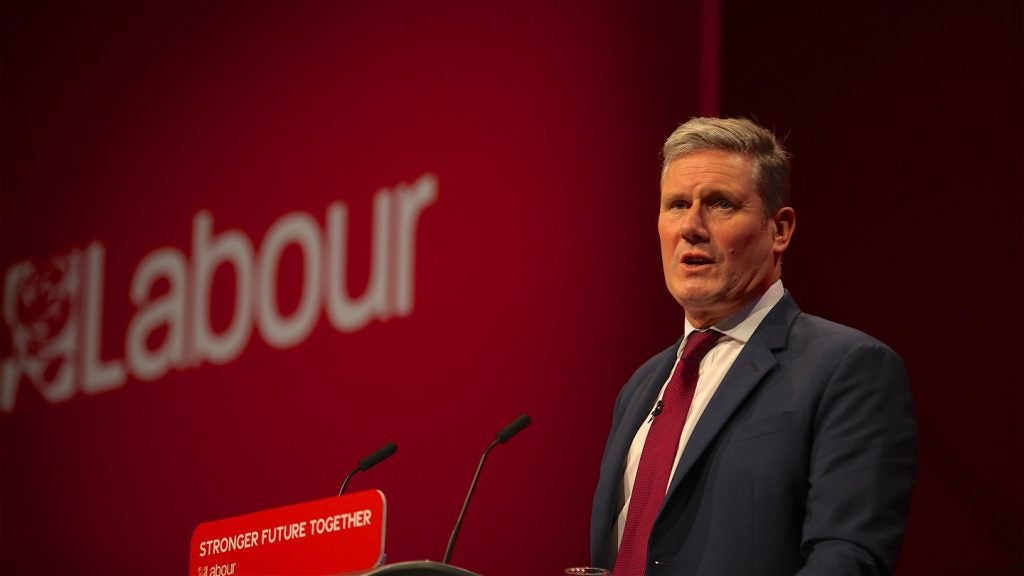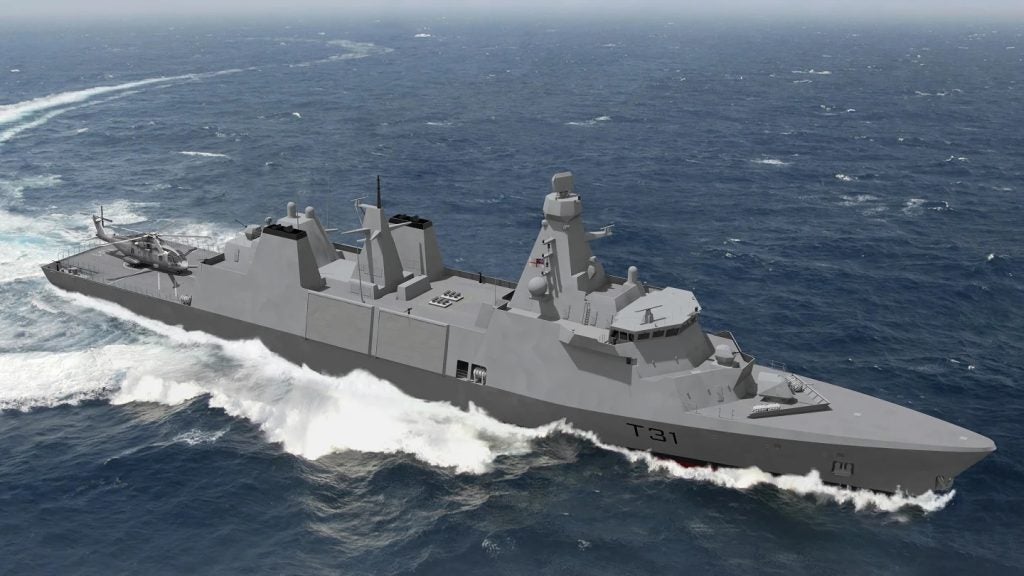
A UK Defence Committee met on 18 April 2023 to hear evidence examining the implications for defence in light of the Integrated Review Refresh, which was published on 13 March.
Expert witnesses included the Deputy Director General at the Royal United Services Institute (RUSI), Professor Malcolm Chalmers, and his colleague, Professor Michael Clarke. They were consulted to shed light on the discernible strategy conveyed in the document; if it could be said that there is one at all.
According to the Refresh: “There is a growing prospect that the international security environment will further deteriorate in the coming years, with state threats increasing and diversifying in Europe and beyond. The risk of escalation is greater than at any time in decades”.
Despite this emphatic plea for action, Britain’s millitary readiness displays what one committee member, Mark Francois, calls “a complete lack of urgency… from the centre”.
It appears that while the UK government succeeds in identifying the stark reality of the geopolitical threat from regimes eager to obstruct international law, it fails to adequately respond. The committee found that this failure stems from a long-standing assumption in the past 10 to 20 years that the prospect of war was far off.
Clarke similarly noted: “In 2021, the assumption that we had was that we knew we had to recapitalise all three armed services, and that our weapon stocks and our war stocks were running low, in a way we thought it doesn’t really matter because it won’t matter until about 2030. It matters now”. However, the country now remains impotent, having fallen over ten years behind mobilising any credible capability that could be considered a deterrence.
How well do you really know your competitors?
Access the most comprehensive Company Profiles on the market, powered by GlobalData. Save hours of research. Gain competitive edge.

Thank you!
Your download email will arrive shortly
Not ready to buy yet? Download a free sample
We are confident about the unique quality of our Company Profiles. However, we want you to make the most beneficial decision for your business, so we offer a free sample that you can download by submitting the below form
By GlobalDataPlatforms that are due to fill the stocks of the armed services are perpetually pending. Ajax armoured vehicles are already years late and are now due in the second half of 2025; Morpheus, a new communications system, has not yet materialised; and the first squadron of Challenger 3 main battle tanks will not arrive until 2027.
Similarly, the the Royal Air Force (RAF) fleets have shrunk, leading the service to adopt simulation technologies in lieu of the real-world experience. In spite of the fleet’s reduction, the RAF continued to list their C-130J transport aircraft fleet on the international market, as opposed to emulating the US in recycling the enduring fleet in other ways, which would retain their fleet count.
What is worse: the UK does not show any sign of encouraging industrial output to meet the ever-growing demands of the sort of industrial warfare the Ukrainian and Russian militaries are expending on the eastern front. Nor are they willing to take any efforts to encourage their industrial base to generate higher outputs similar to the US and China, albeit these states are motivated by their own arms race.
Theory and practice
The Refresh’s long-awaited arrival has raised more questions than answers regarding UK policy in response to the security crises.
In a GlobalData briefing, Defence Analyst Madeline Wild points out: “the [document] does not command a broader overview of defence strategy, with the UK now having to wait until June for the publication of the new Defence Command Paper (DCP) – a substantial time period during times of such uncertainty. Coupled with a modest defence budget increase, in comparison to its allies, questions remain over what impact UK Defence will be able to make moving forward”.
These sentiments are shared by Clarke, who told the committee: “the Integrated Review and the Review Refresh are both good essays on the state of world politics and what the country is facing, but both of those documents raise a series of questions that will only be answered by practice. We will see a lot more when the DCP comes out in June how these questions are beginning to be answered”.
There is concern that despite the urgency the Refresh offers in its description of the geopolitical climate, it hints at very little that can be constured as a constructive policy.
Partnership policy
However, what the Refresh does emphasise is the UK’s partnership approach to its allies and partners across the world. It indicates the importance of strengthening the country’s relations with strategic partners around the world. Among many others, notable partners include the European community post-Brexit, after the troubled Northern Ireland protocol discussions, as well as the Nato community as signaled by their increased joint military training exercises. And the pronounced display of the Joint Expeditionary force operations in the High North and the Baltic region.
What is also notable about what little substantive policy the Refresh offers is a more emphatic line on its containment of China. Rather than a confrontational strategy, the Refresh outlines the UK’s commitment to a carrot-and-stick approach in which they display a strong and united deterrence alongside its allies, while remaining open to discussion as part of a de-escalation process.
But despite the document’s call for a charm offensive in building relationships in strategic regions around the world, we are left to ask to what effect these partnerships will fulfil the government’s intentions on the world stage? And how far the UK can offer its own services to a coalitionary deterrence effort against obstructive regimes like Russia and China despite the lack of resources?
Integrating in the deterrence effort
This was a concern voiced by Chalmers, who noted that “when it comes down to the specifics, how much defence resource should be put into those partnerships is one of the practical questions that will be considered in the next five years”.
“The broader issue for the UK, which relates to AUKUS and GCAP, is in what sectors it is possible for the UK alone to have the capacity both to produce and sustain weapons, and to what extent we have to do that in collaboration with others” he added.
How far the UK will integrate into the deterrence efforts displayed by its Nato partners will be a major concern that must be addressed by the DCP in June this year. Where the additional £5bn over the next two years will be allocated within the nuclear resilience and war stocks will be a key insight into the critical direction of UK policy going forward.
UK industrial output
“The invasion of Ukraine has acted as a wake-up call for industrial planners in the UK”, Wild stated.
“The need to prepare UK industry to be able to act at speed to replenish weapon reserves, especially during times of conventional warfare, has shown itself to be paramount. Rectifying issues in the supply chain as well as creating highly agile procurement procedures will be critical to this endeavour”, Wild added.
While Francois also emphasised the need to replenish stock piles in the committee meeting, he went so far as to make a crude comparision to the enormous efforts going into the US defence industrial base.
While US industrial efforts are intended to meet the problem the UK continues to neglect, their efforts cover a broader basis as the leader of the coalition to preserve the rules-based order, and to match the Chinese military threat.
As a medium-power, the UK must mobilise at a scale beyond their current policy of responding to crises as and when they occur. Such as when the UK responds to the Ukraine War by donating money and platforms for Ukrainian defence against Russian aggression, which ought to be credited, but lacks sustainbility. If the Refresh makes for convincing reading, as many rightly believe it does, then the UK must start to encourage a greater industrial output in the private sector.
As it stands, Wild adds: “The conflict has highlighted potential weaknesses in certain areas [for the UK industrial base], such as the availability of parts that are no longer manufactured or may not be readily available during times of conflict.
“These will be the key areas of focus rather than there being a deficit in the peace-time capabilities in the UK defence industry”.







